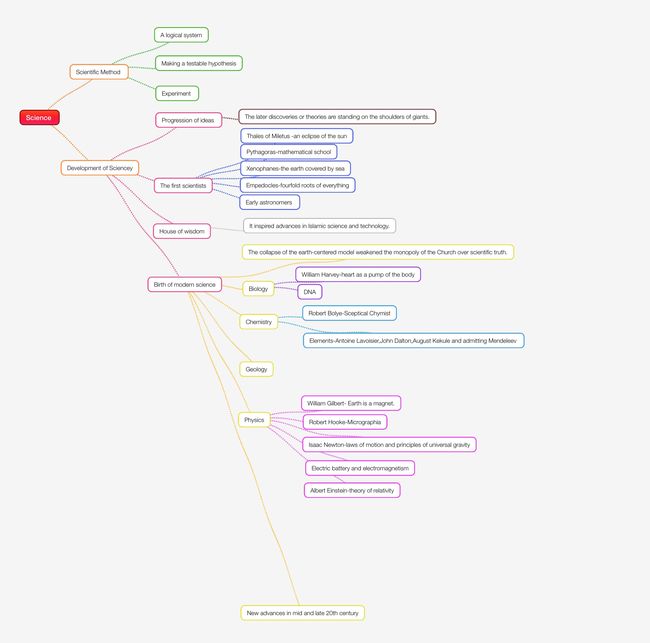1. perpetual:
a. continuing or enduring forever; everlasting; permanent. Science is an ongoing search for truth-a perpetual struggle to discover how the Universe works.
b. lasting an indefinitely long time.
c. (usually prenominal) seemingly ceaseless because often repeated: your perpetual complaints.
d. continuing or continued without intermission or interruption: a perpetual stream of visitors.
e. blooming throughout the growing season.
2. empirical:
a. derived from experience or experiment.
b. depending upon experience or observation alone, without using scientific method or theory, esp. in medicine. 完全根据经验的
c. verifiable by experience or experiment. 实证的 A good scientist must rely on empirical evidence.
3. falsify:
a. to make (a report, evidence, accounts, etc) false, fraudulent or inaccurate by alteration, esp in order to deceive 篡改,歪曲: falsify an income-tax report.
b. To counterfeit; forge: falsify a visa; falsify a signature.
c. to represent falsely: falsify one's family history.
b. to prove false; disprove; confute 证明虚假: falsify the theory
4. comet:彗星
Halley's Comet; cometic 彗星的,似彗星的; 区别于cosmetic化妆品
5. speculate:
a. (when tr, takes a clause as object) to conjecture without knowing the complete facts 推测; speculative articles about the origin of language. speculative: expressing inquisitive interest. raised a speculative eyebrow.
b. (Stock Exchange) (intr) to buy or sell securities, property, etc, in the hope of deriving capital gains 投机. speculative brokers; speculative stocks
c. (intr) to risk loss for the possibility of considerable gain.speculative business enterprises.
d. to consider or think curiously about; suppose, propose, or wonder: speculate that an agreement will be reached; speculate whether a quarrel was serious.
6. particle:
a. an extremely small piece of matter; speck
b. a very tiny amount; iota: It doesn't make a particle of difference.
7. deflect:
To turn aside or cause to turn aside from a true course; bend, swerve or deviate
deflective; deflectable; deflection: in a search for small deflections; deflector导向装置;联想到 导航 navigation/GPS
8.foil:
a. To prevent from being successful; thwart: The alarm system foiled the thieves' robbery attempt.
b. To obscure or confuse (a trail or scent) so as to evade pursuers.
c. (Metallurgy) metal in the form of very thin sheets: gold foil; tin foil.
9. artillery [ɑː'tɪlərɪ]
a. the science of the manufacture and use of large guns.
b. the guns themselves. — artillerist, artilleryman, n. artillery shell炮弹
10. geocentric
a. having or representing the earth as a center: a geocentric theory of the universe.
b. using the earth or earthly life as the only basis of evaluation.
11. apparatus:[ˌæpəˈreɪtəs]
a. An appliance or device for a particular purpose: an x-ray apparatus. the vast apparatus known as Large Hadron Collider对撞机
b. the means by which a system functions: the apparatus of government.
12. electron 电子 cathode rays阴极射线 supernova超新星
13. If I have seen further, it is by standing on the shoulders of giants.
I seem to have been only like a boy playing on the seashore, and diverting myself in now and then finding a smoother peddle...whilst the great ocean of truth lay all undiscovered before me.-------Isaac Newtown.
14. eclipse:
a. the obscuring of the light of the moon by the intervention of the earth between it and the sun (lunar eclipse) or the obscuring of the light of the sun by the intervention of the moon between it and a point on the earth (solar eclipse).total eclipse, partial eclipse
b. a similar phenomenon with respect to any other planet, its moon, and the sun.
c. the partial or complete interception of the light of one component of a binary star by the other.
2. any obscuring of light.
3. a reduction or loss of splendor, status, or reputation.
v.t.
4. to cause to undergo eclipse: The moon eclipsed the sun.
5. to make less outstanding or important by comparison; surpass.
15.
crater
5. to make a crater or craters in."The missiles did not ... crater the airfield" (Tom Clancy).
1. A bowl-shaped depression created by the activity of a volcano or geyser.
16. caliphate ['kælɪfeɪt]
(Islam) the office, jurisdiction, or reign of a caliph
17. ingenious
1. Having great inventive skill and imagination: an ingenious negotiator.Ingenious mechanical devices were invented.
2. Marked by or exhibiting originality or inventiveness: an ingenious solution to the problem.
3. Obsolete Having genius; brilliant.
18. distill; distillation联想 fermentation发酵
1. the process of heating, evaporating, and subsequently condensing a liquid.the distillation of water.
2. the purification or concentration of a substance or the separation of one substance from another by such a process. petroleum distillation.
19. As the monopoly of the Church over scientific truth began to weaken, the year 1534 saw the publication of two ground-breaking books.
20. dissection: a detailed analysis; the act of dissecting.
dissection of human corpses
Dissect the plan afterward to learn why it had failed
通过思维导图的制作,我对文章结构把握更清晰了。这篇文章的另一个特点是概念性的定义并不多,即使在介绍什么是科学的时候也是采用了很多具体的例子向读者阐述了更形象的科学的概念;在介绍科学的研究方法时每一种研究方法都跟着几个例子做阐释;在介绍科学的发展史过程中更是通过不同时期、不同学科的例子向读者做具体介绍。因为文章有点长在第一遍通读的时候学会了抓取每一段的主旨关键句来帮助自己更快地理解把握文章结构,也会问自己每段会出什么阅读理解的题目,感觉自己复习专八考研那会儿的状态又回来了
